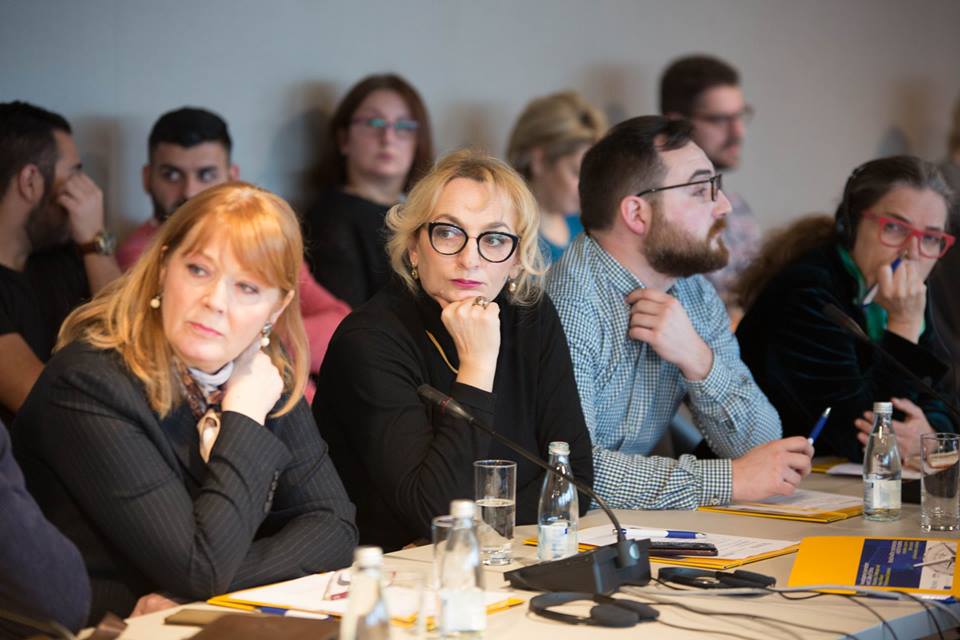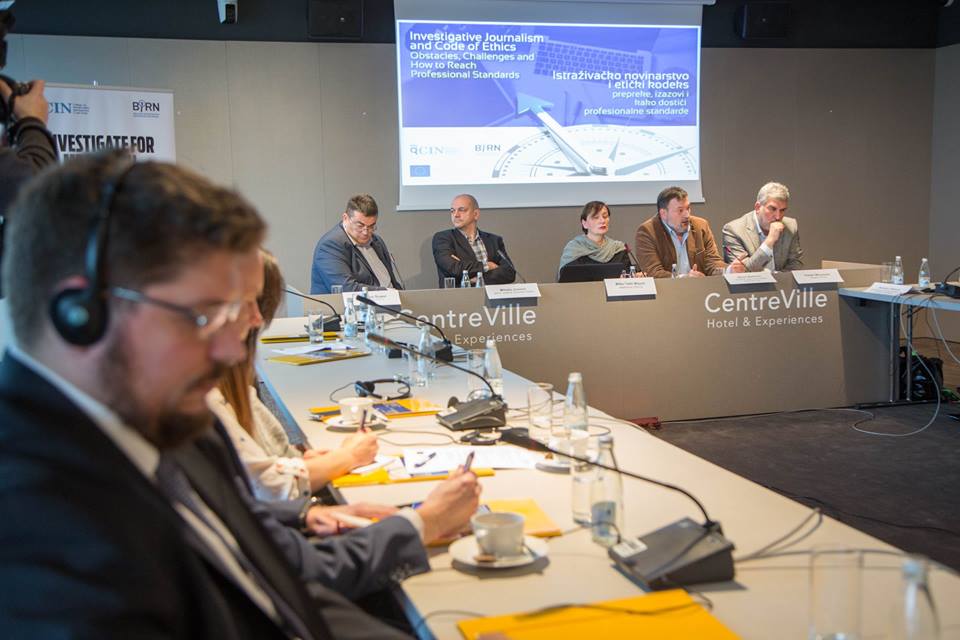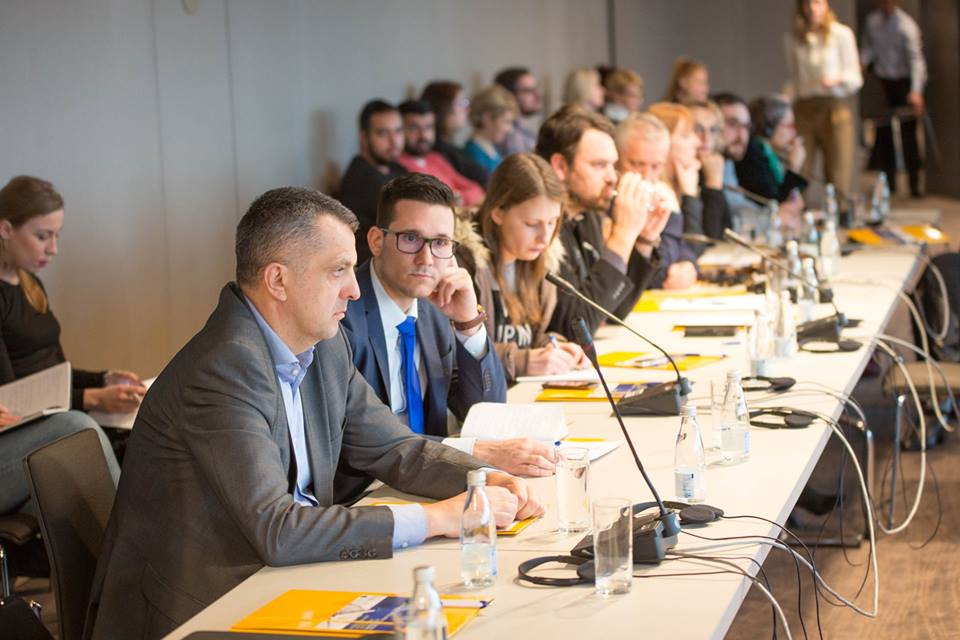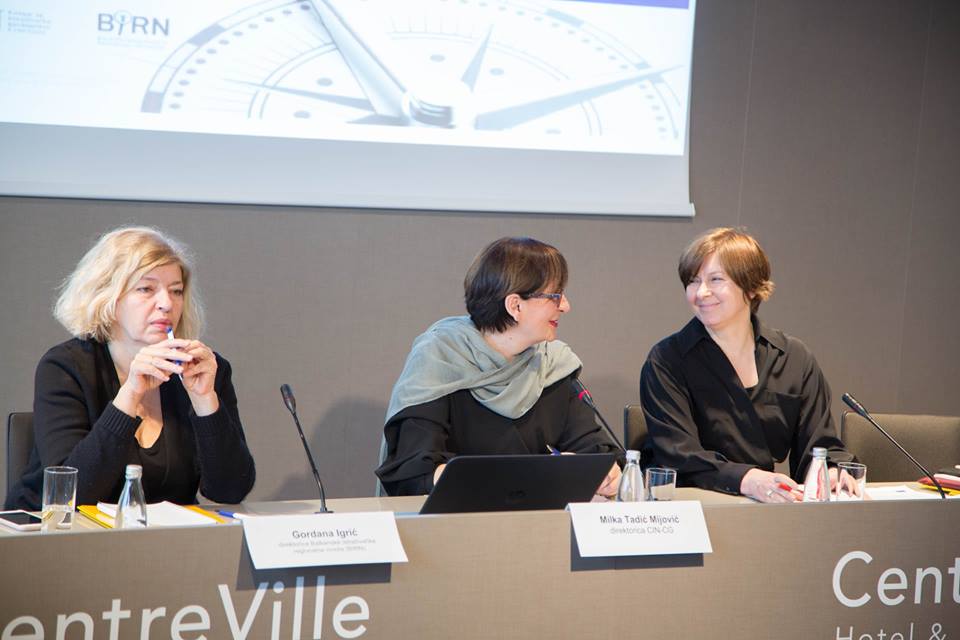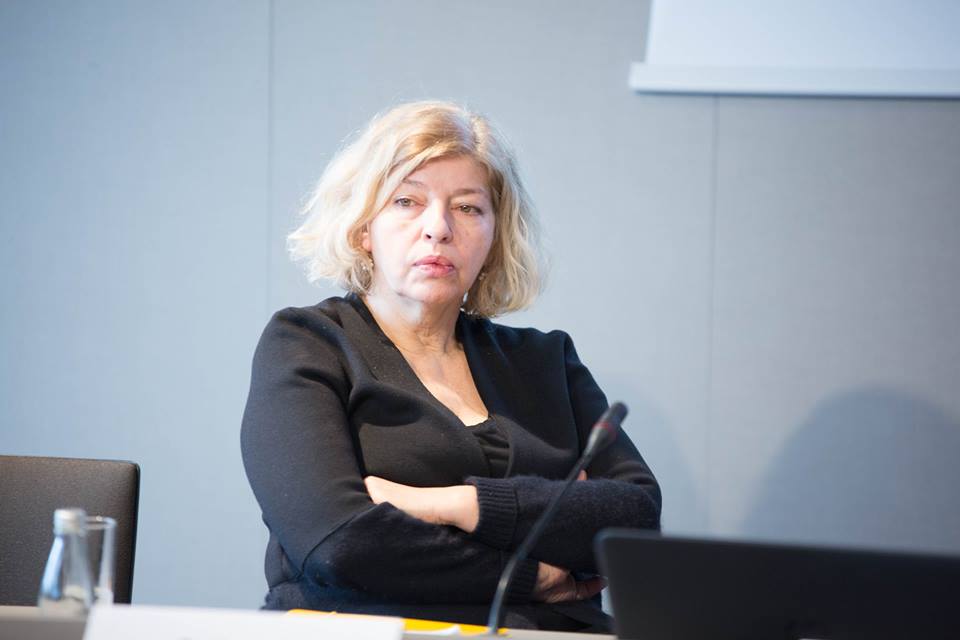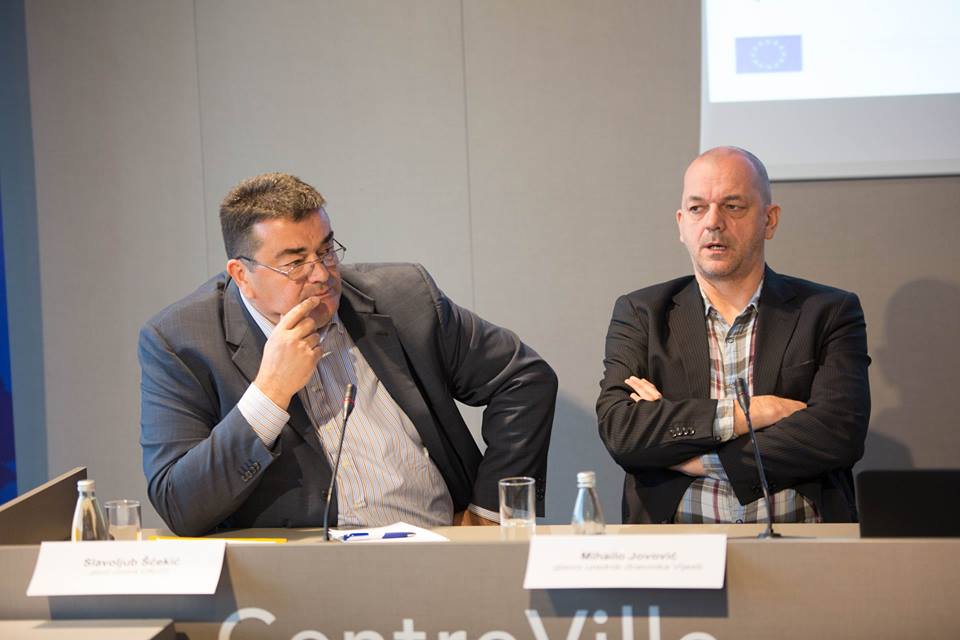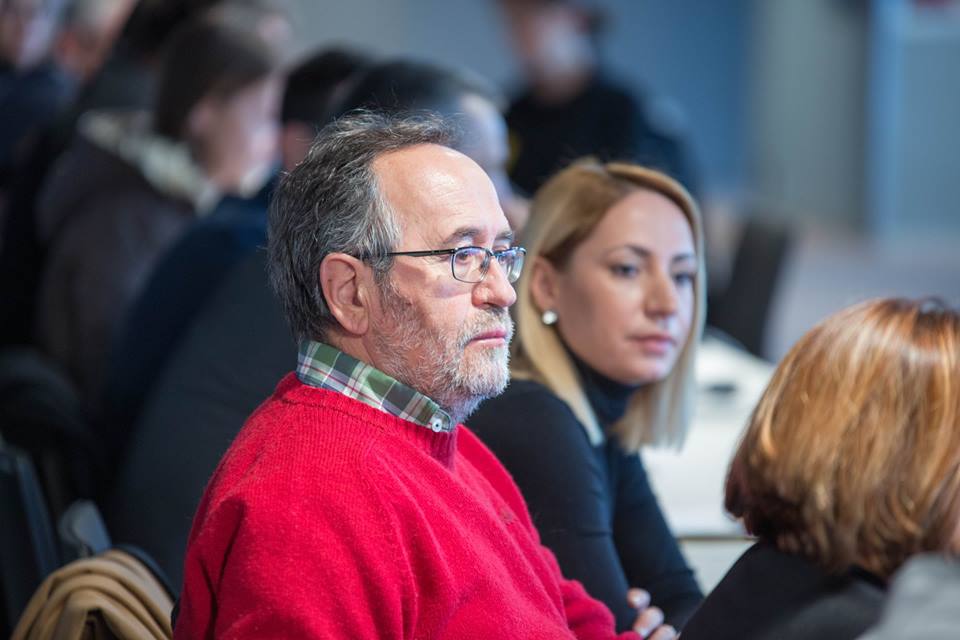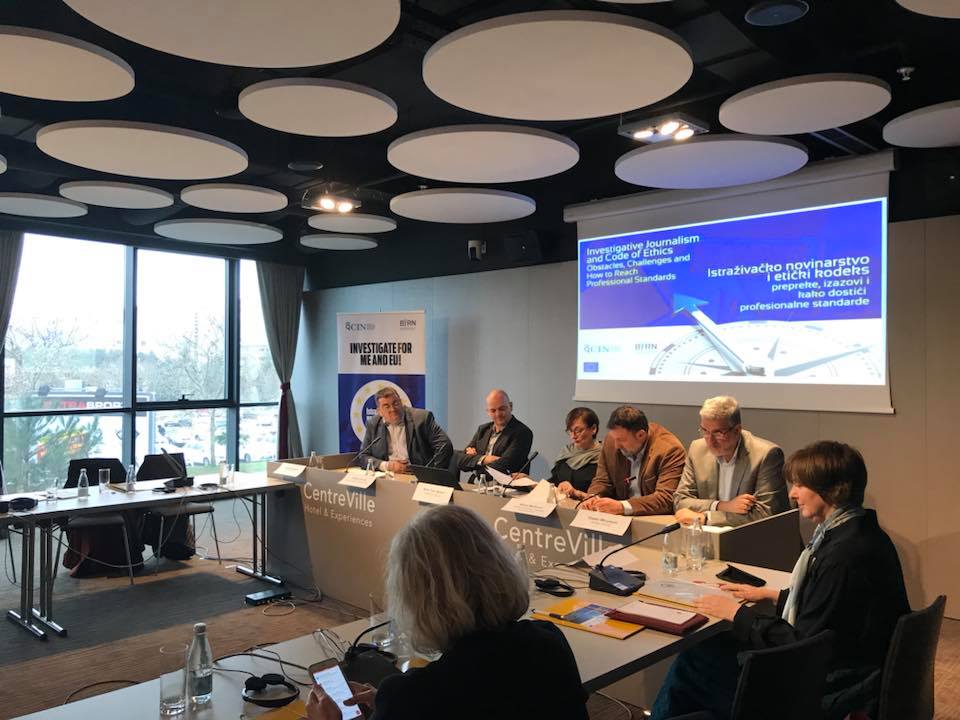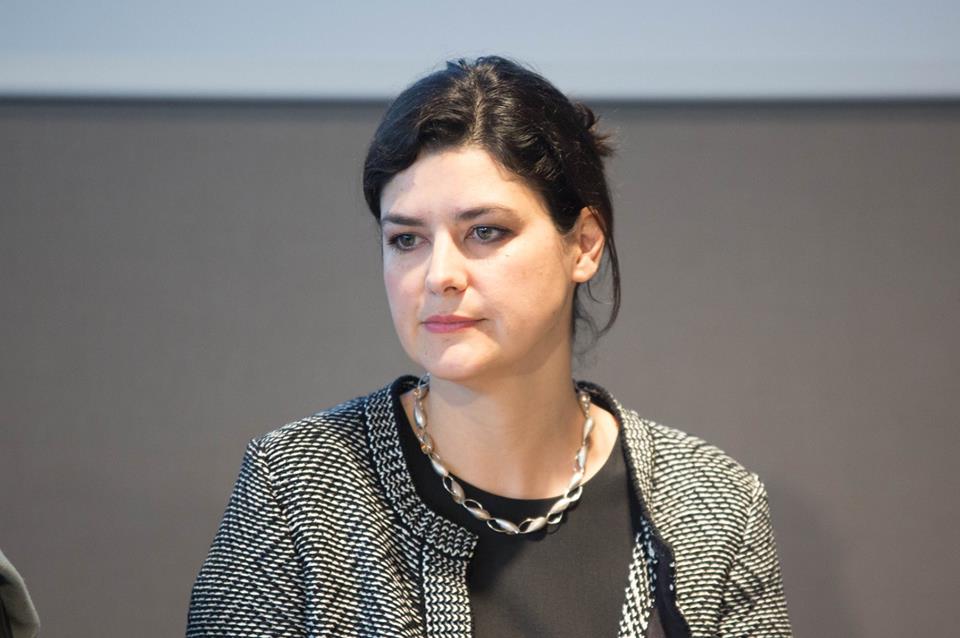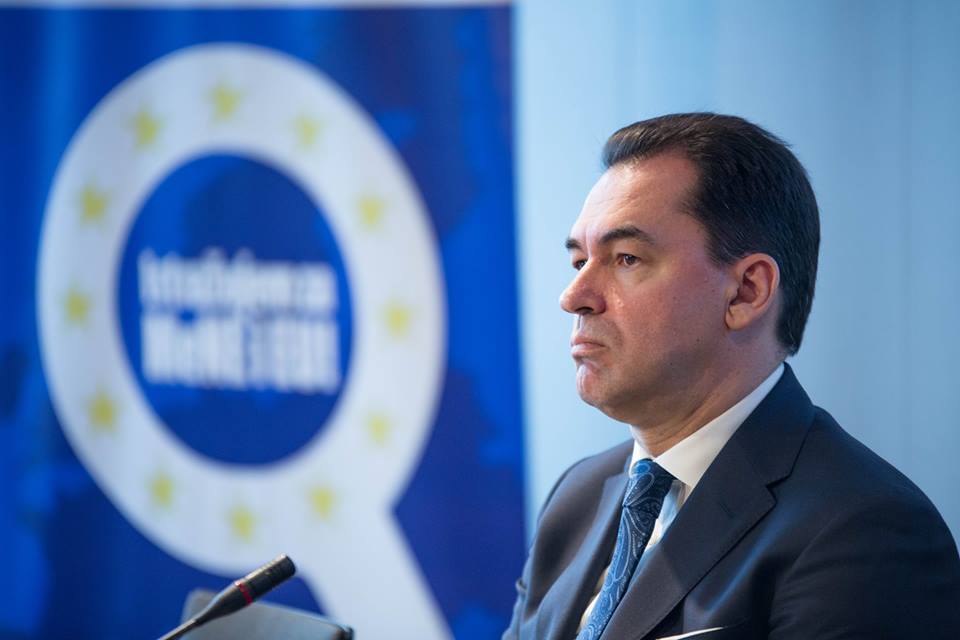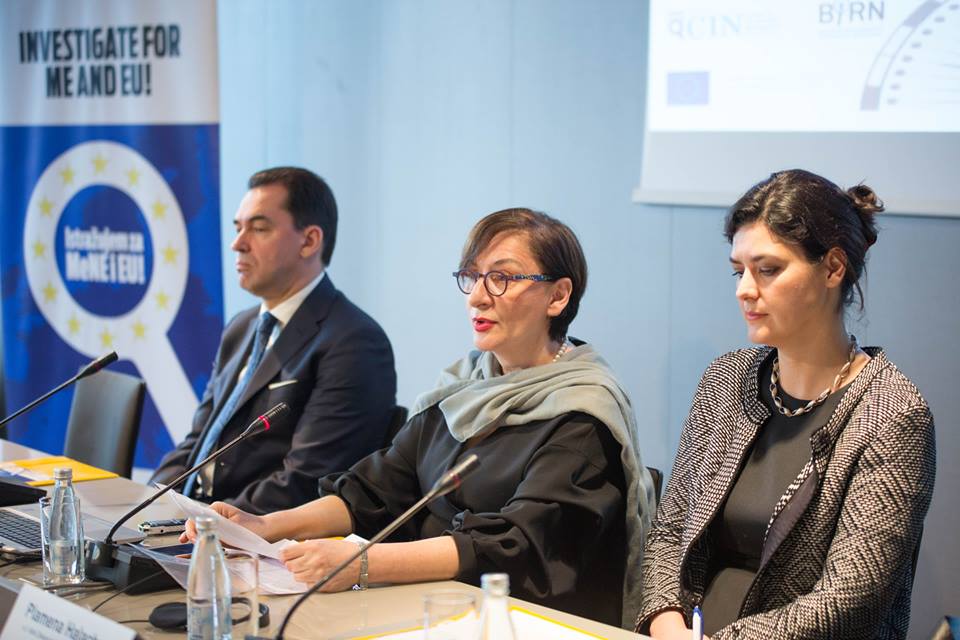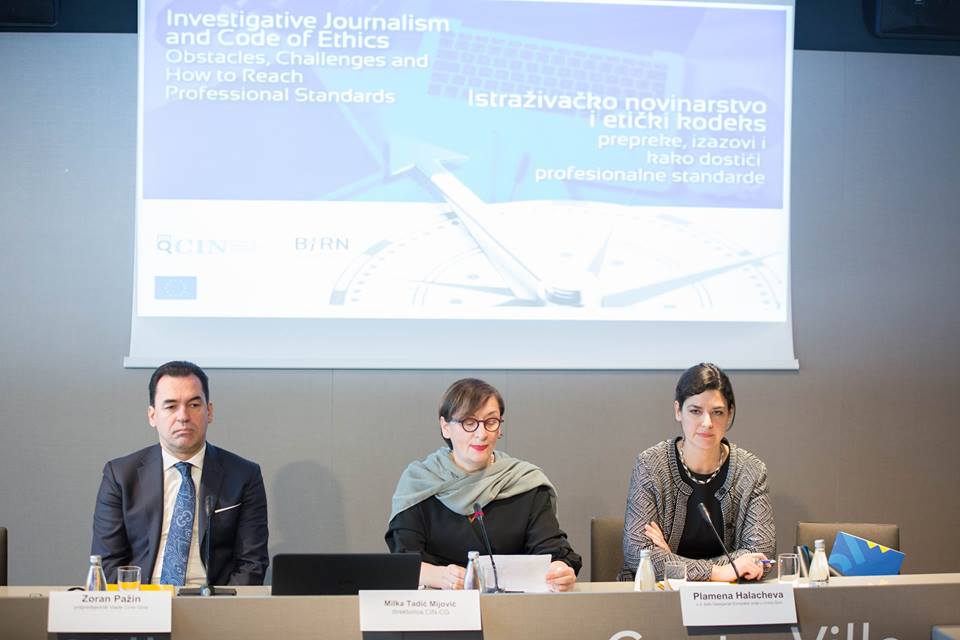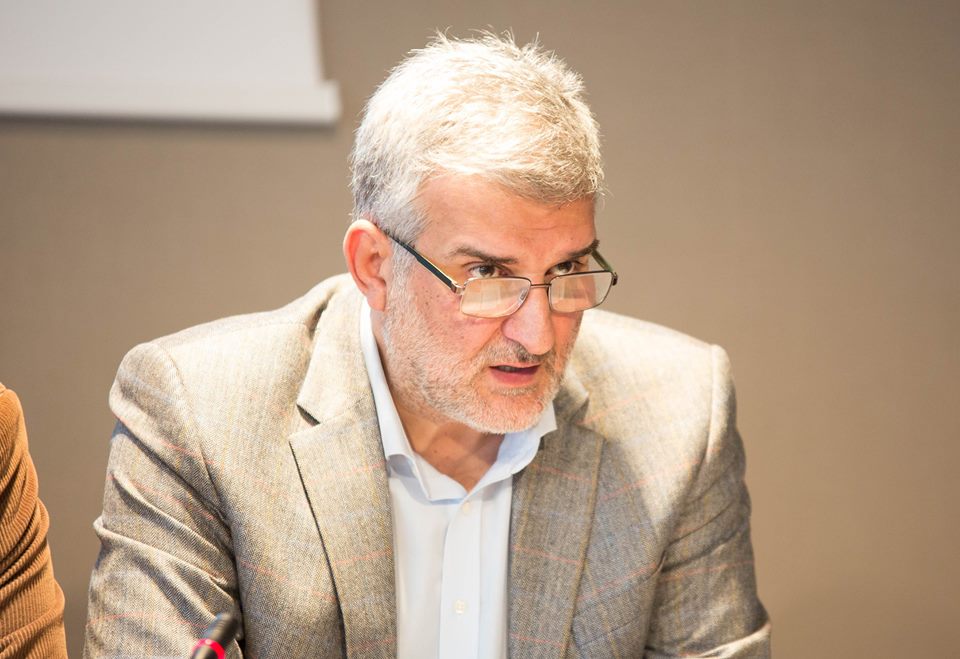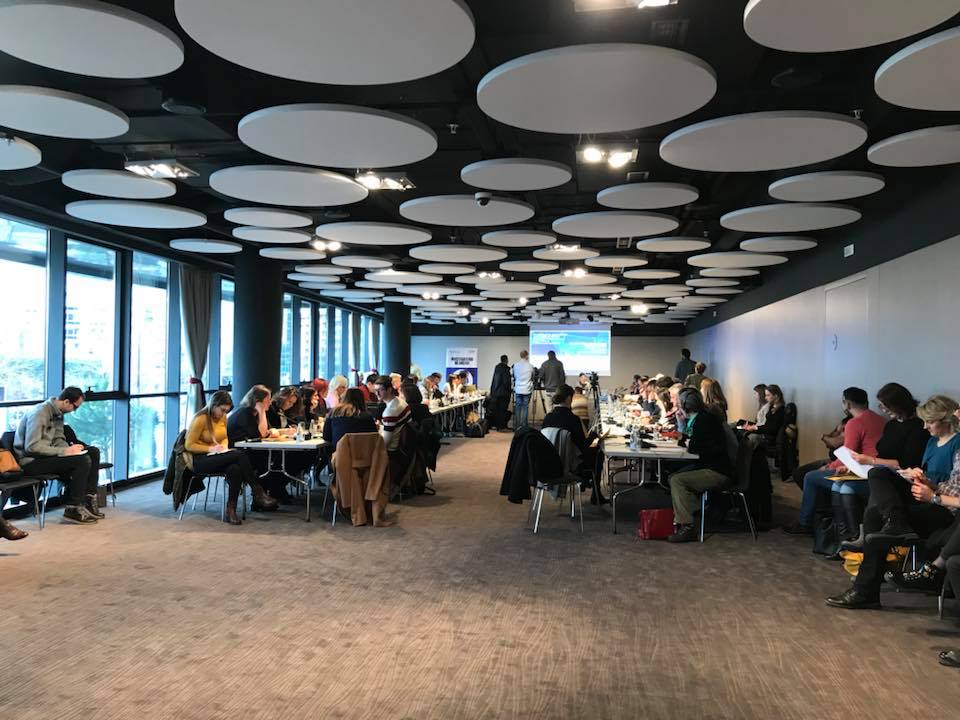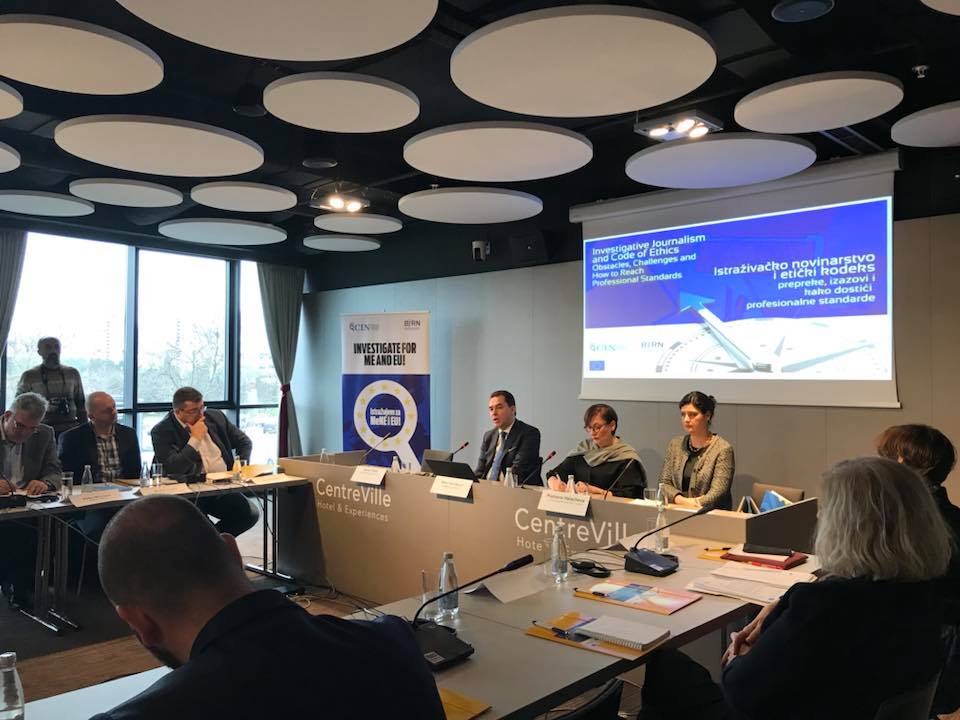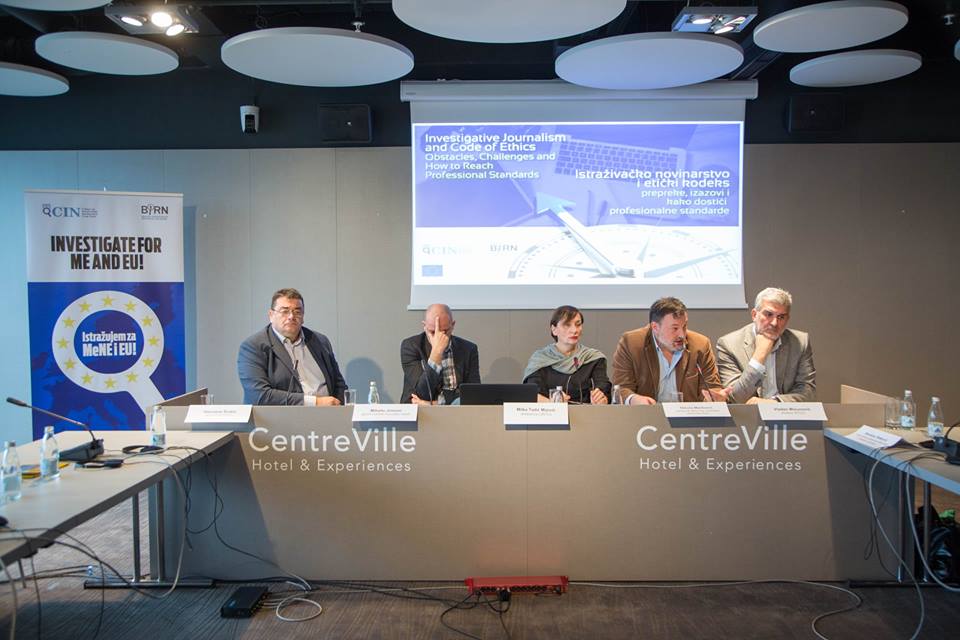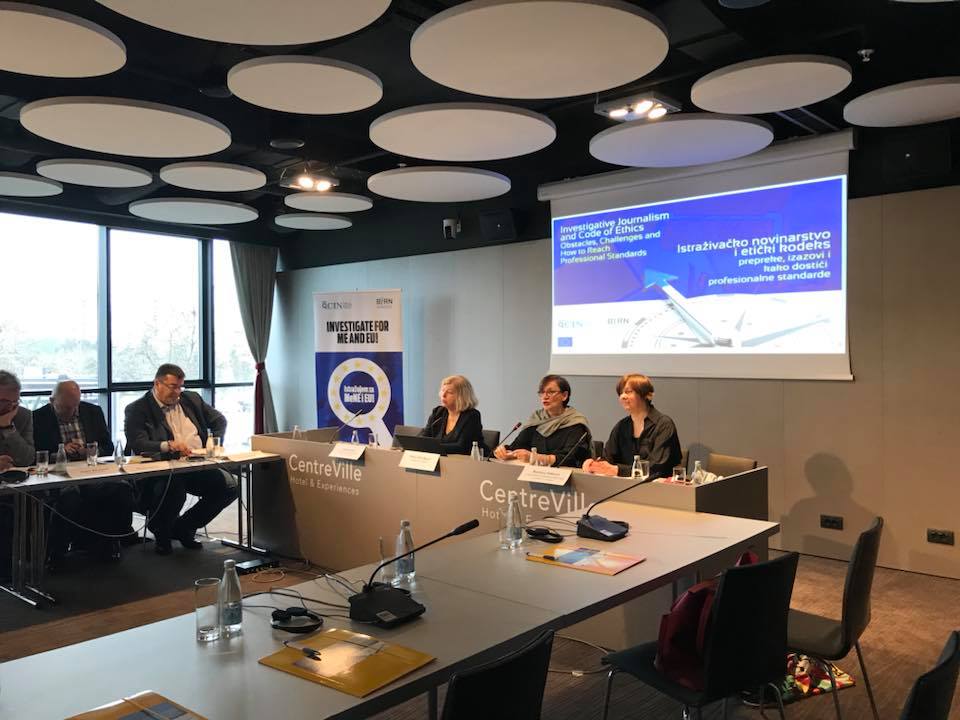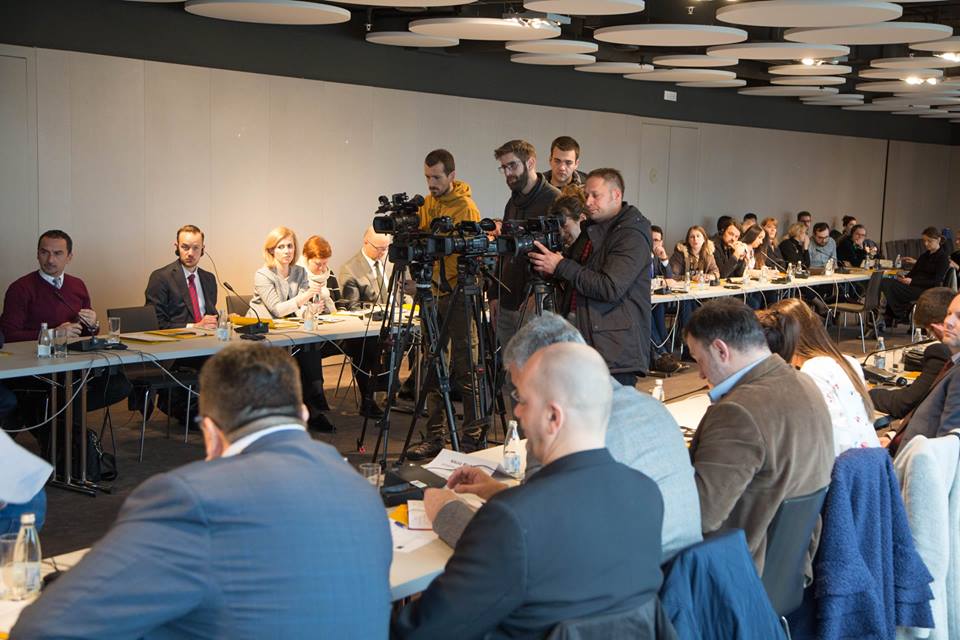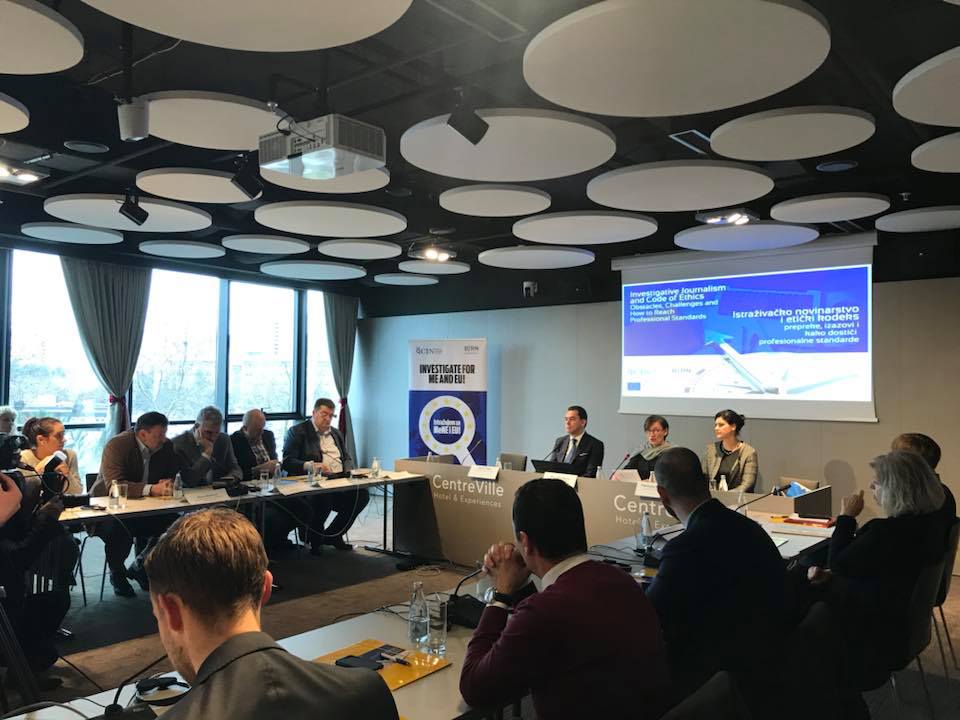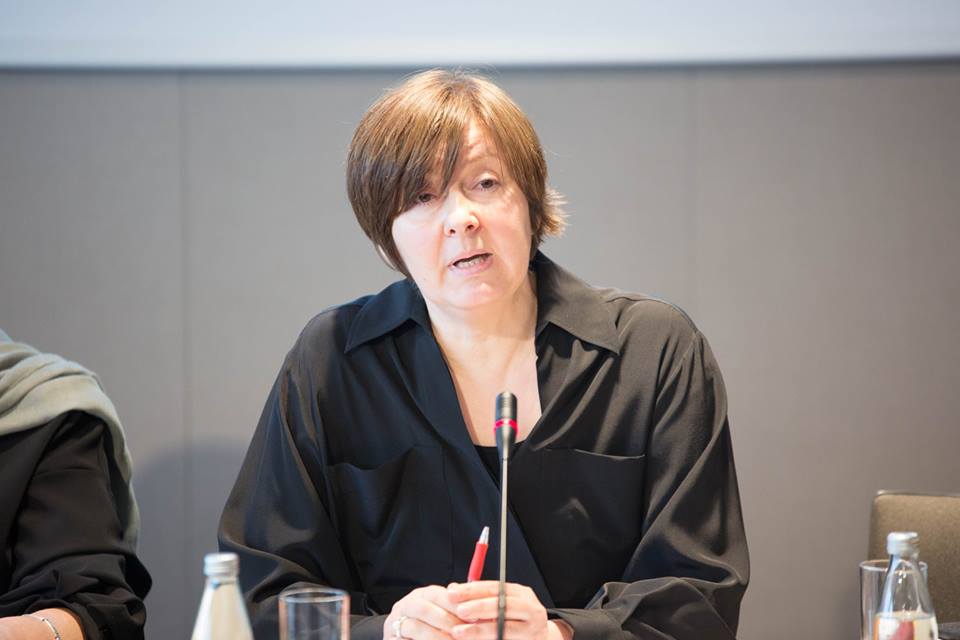Conference, conclusions and recommendations
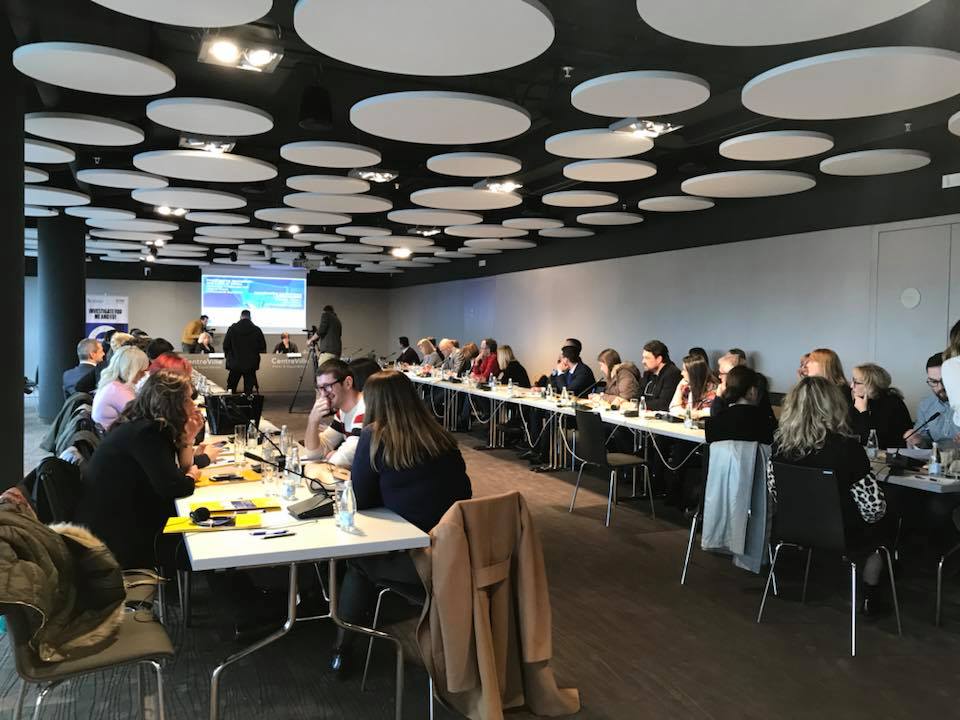
On Tuesday 21 February 2018, Centre for Investigative Journalism of Montenegro (CIN-CG) organized a conference Investigative Journalism and Code of Ethics - Obstacles, Challenges and How to Reach Professional Standards, as a part of the EU funded project Investigate for ME and EU, implemented in cooperation with Balkan Investigative Reporting Network (BIRN). The goal of the project is to strengthen investigative reporting and topics related to EU negotiation chapters, in order to contribute to the transformation of society towards democracy and the EU integration process.
Opening remarks were given by Zoran Pažin, Deputy Prime Minister in the GoM, Plamena Halacheva, Chargée d'Affaires in the Delegation of the EU to Montenegro and Milka Tadić Mijović, Director of CIN-CG. The main panellists from the region were Brankica Petković, Programme Director of Peace Institute in Ljubljana and Gordana Igrić, Director of BIRN. The situation in Montenegro was presented by representatives of the local private and public media Vladan Mićunović, Director of RTCG, Nikola Marković, Deputy Editor-in-Chief of dailyDan, Mihailo Jovović, Editor-in-Chief of dailyVijesti and Slavoljub Šćekić, Editor-in-Chief ofCIN-CG. The conference was attended by more than 70 participants.
After the discussion, the following recommendations and conclusions were made:
- The media crisis is global: present not only in unfinished democracies, but also in functional democracies such as the EU and the USA;
- Trend of organized lying is growing;
- The media are under double pressure: (i) increasing pressure by political and business power figures and (ii) internal pressure from the media itself whose integrity is collapsing;
- The public is losing confidence that media and its public truth can make changes;
- Investigative journalism is moving from the mainstream to the civil sector;
- While the European integration process is progressing in Montenegro, media freedom is stagnating or even weakening;
- There is a continuous pressure on media that are not controlled by power in Montenegro, recently on RTCG, with the aim of stopping the beginning of its transformation to the public broadcasting service;
- Attacks on journalists remain unpunished due to lack of political will to find and punish perpetrators;
- Corrupt media are used by the power to suppress media freedom and those who are not controlled by ruling circles;
- Recently adopted law additionally restricts access to information in Montenegro;
- It is necessary to make a clear distinction between the media working in the public interests and those representing certain power structures;
- New reality requires new media: it is necessary to establish a new model - how to ethically finance ethical media;
- It is necessary to increase the interest of citizens in investigative journalism and faith in its importance, as well as the importance of media that work in the public interest;
- It is necessary to restore public confidence in the effectiveness of the ethical public journalism;
- It is necessary to join forces of media that work in the interests of the public both on local and regional level and wider, in order to resist pressure from the power figures, but also build better and more professional media;
- It is necessary to strengthen the cooperation between the media and the civil sector;
- It is necessary to improve the legal framework regarding free access to information;
- Fundamental reform of media legislation in Montenegro is necessary;
- It is necessary to strengthen self-regulation and professional and ethical standards within the media.
